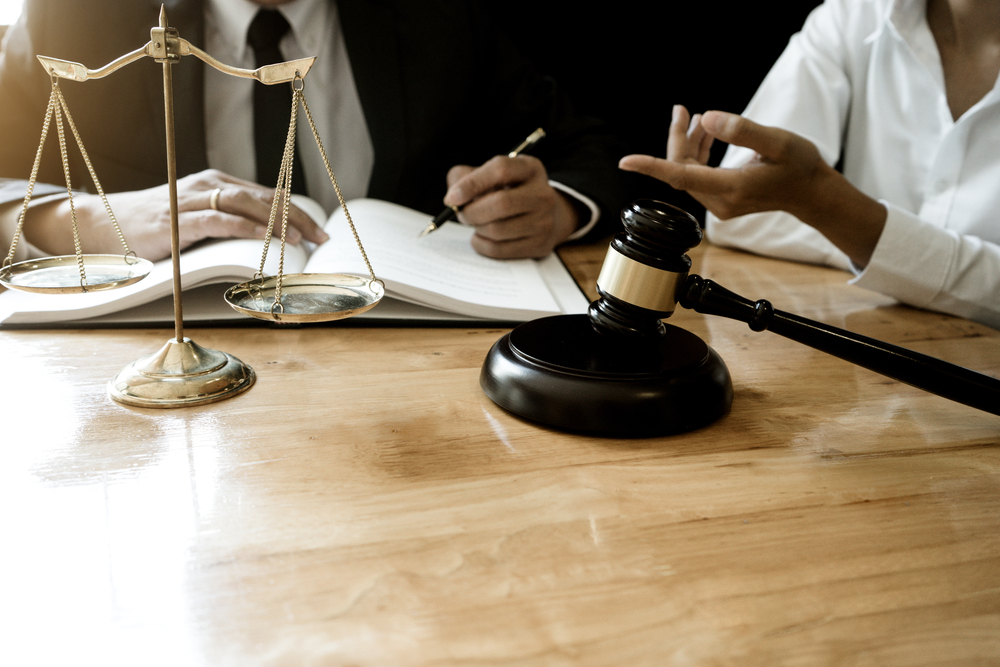
The final few weeks prior to a court trial are often hectic and demanding for attorneys and their support team. This period is usually earmarked by a lot of pressure, which can have a significant impact on the proceedings of the trial as well as the final outcome. Every little detail of the case has to be scrutinized thoroughly to facilitate proper management of the proceedings. This can undoubtedly be mentally and physically demanding even for seasoned attorneys.
Interestingly, every attorney has their own unique process when it comes to preparing for a trial. Having worked with plenty of attorneys over the decades, we’ve had the privilege of observing what works and what doesn’t with regard to effective trial preparation. As such, we would like to share a few useful tips that can help attorneys organize their cases before trial. The tips discussed below are also designed to help attorneys present a solid case at the trial proceedings, thus increasing the chances of a favorable outcome.
Plan Every Element of the Case in Detail
Creating a detailed plan when working on a case is very crucial to the success of a court trial. In essence, having a clear objective in mind allows the attorney to devise a plan that will help them make a solid argument during proceedings. This will, in turn, raise the probability of getting the desired ruling.
When planning for a court case, it is important to factor in the overall expenses of the case to ensure the rewards of winning outweigh the costs. It is also crucial to think about any unforeseen hiccups that may occur in order to come up with strategies to mitigate them. This will enable the attorney to maintain confidence and composure when these incidents occur and ensure the case flows smoothly.
Make Sure There are Effective Communication Between All Individuals Involved in the Case
Proper communication between all parties involved in a case is crucial when preparing for a court proceeding because it ensures everyone understands their role. In addition to strengthening the cohesiveness between a litigation team, attorneys, and clients, effective communication also minimizes misunderstandings that could irreparably damage an otherwise solid case.
Know the Judge who is Presiding over the Proceedings
Judges are required to strictly adhere to the law when presiding over court cases. However, just like all humans, they can be susceptible to certain emotions, which may influence the way they handle trial proceedings. For instance, some judges can be very strict and rigid when presiding over trials. Understanding the temperament and style of a presiding judge, therefore, can help an attorney to prepare a case in a manner that captures their attention and influences them to give a favorable ruling.
Prep Witnesses to Take the Stand
Whereas professional attorneys are accustomed to the stressful environment that court proceedings tend to present, many witnesses are often inexperienced in these scenarios. They may, therefore, end up caving under pressure during trial questioning if they have not been adequately prepared.
To prevent this, attorneys often take the time to prepare their witnesses before they are called to testify. Running a court simulation exercise, for instance, can raise the confidence of a witness thus helping them give their statements properly during the actual trial questioning.
Prepare to Maintain a Calm and Collected Temperament
Navigating stressful situations requires one to keep a calm demeanor since this promotes clear thinking. Given how high-stake court proceedings tend to be, the ability to think clearly is absolutely essential to presenting a solid case and achieving the desired outcome. Nevertheless, there are certain situations when a major development or setback could completely throw off even the most experienced attorney and cause them to react poorly. In such instances, maintaining a calm and collected facade is most important. Keeping a cool demeanor can create a positive impression on the people in the courtroom and solidify their faith in the attorney.
Prepare a Convincing Story
Every case that is presented in court has a storyline to it. However, the manner in which that story is presented to the jurors is what determines who wins the case. No matter how strong a case someone may have unless they are able to convey it in a persuasive manner, they may end up not receiving the ruling they desire from the judges. On the other hand, when there is a strong and convincing story that is backed with solid evidence, judges are more likely to give a favorable ruling.
Make Use of Technology when Preparing for Your Trial Proceedings
In today’s technology-driven world, there are plenty of resources that can help attorneys prepare for court trials. Apart from being highly convenient, these technological aids are also time-efficient, which helps speed up the preparation process. Interestingly, the number of jurors who expect cases to be presented via technology has increased tremendously over the years. This means attorneys can benefit a great deal in their preparation and presentation by making use of the technologies available to them.
A Final Word
Adequate and timely preparation for a court hearing gives attorneys the confidence to make a bold and convincing case during the trial proceedings. Observing the tips highlighted above will ease the process of trial preparation, thus enabling both attorneys and clients to show up in the courtroom in their best form.
